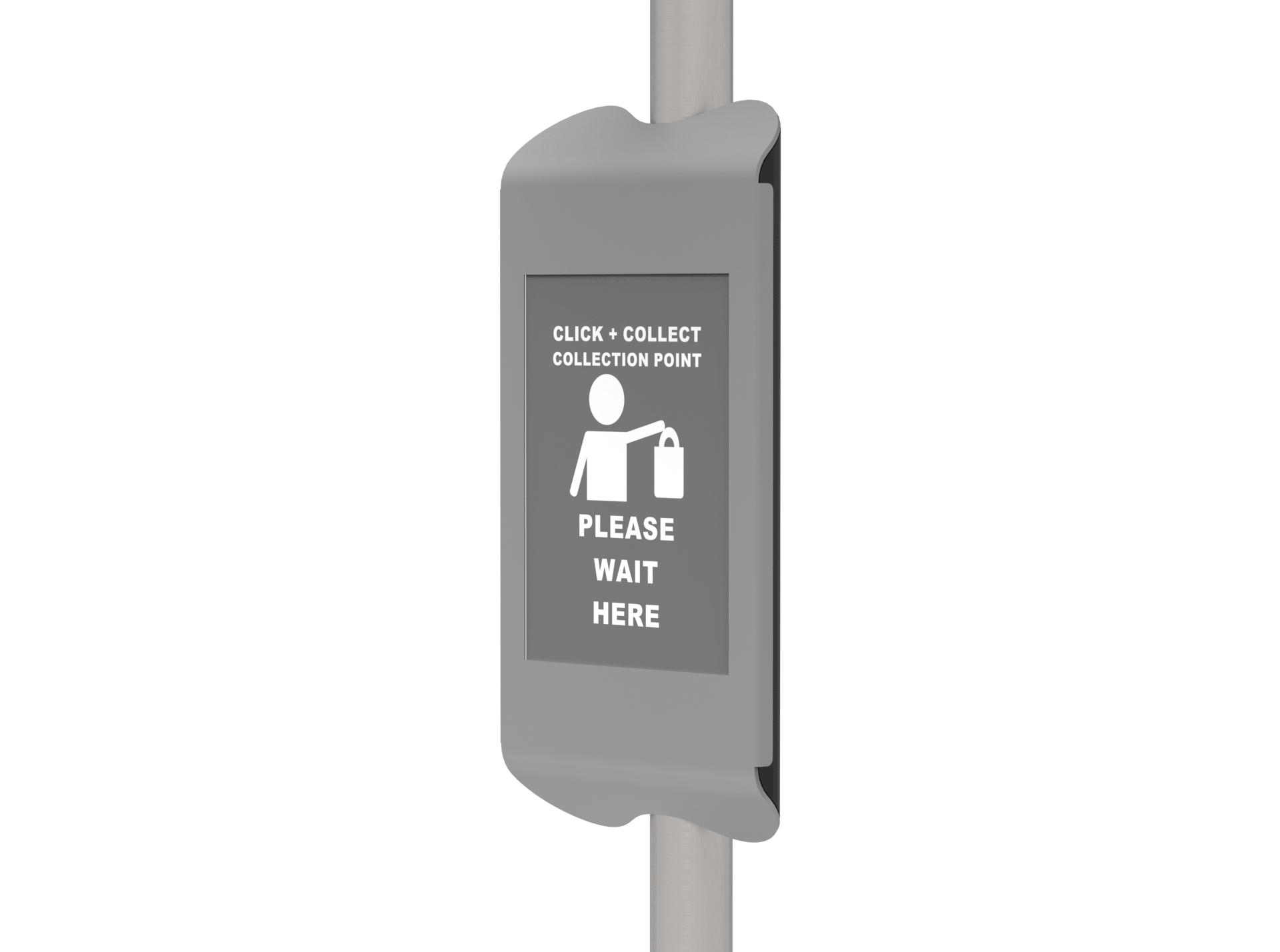New technology to assist cities in better managing their kerbside has been developed by mobility innovation start-up Grid Smarter Cities.
Grid Smarter Cities are revolutionising how we think about the kerbside. Grid’s innovative, digital kerbside management solution, aptly named ‘Kerb’ enables a normally tightly restricted city asset to be opened up for a multitude of purposes that support the community, businesses and the environment. Now, the Kerb app & booking system can be used alongside an intelligent parking e-sign to pre-book city parking bays. The parking e-sign may also be used to assimilate and relay the existing street parking regulations, displayed on the regulatory plate that accompanies the sign.
The pandemic has accelerated the need for a smarter city kerbside, as demand for the kerb has increased from a surge in food and parcel delivery, the projected boom in commercial activity and the need for a cleaner, greener recovery.
Increasing demands made on the kerbside and congestion pressures in urban environments mean that local authorities and businesses are looking for innovative ways to enable a more flexible use of limited city kerbspace, in a way that is safe and offers equitable access for all.
Commercial freight vehicles represent 30 percent of all traffic in central London and make an estimated 281,000 journeys per day. Congestion delays alone costs over £6.9bn a year in lost revenue. As freight vehicles spend additional time on the roads circling around looking for somewhere close to their destination to unload their goods or park.
The Kerb app and booking system can now marry up the to new parking e-sign

(The Kerb app and booking system also operates without the parking e-sign).
Grid’s innovative parking e-sign can adapt to the needs of the kerbside and can repurpose existing parking areas, without the need for additional temporary signage.
The parking e-sign allows for variable messages to be updated, informing users about kerbside restrictions and other useful information such as temporary changes. The sign gives the city flexibility over how it chooses to manage and allocate scarce street space.
Regulations and information can vary throughout the course of the day and the sign can be designed to change to reflect these updates. The sign is managed remotely and updated in real-time and gives the city absolute control over how it allocates kerb space adjacent to the sign, any time of the day. The sign can also plug into permit information and restrictions, ultimately matching the requirements of the local area, allowing more flexibility to city authorities and commercial fleets.


The parking e-sign is already attracting international interest and was demonstrated in Amersfoort, Netherlands via a partnership with Coding the Curbs. In the UK, innovative councils such as the London Borough of Southwark have recently placed the first commercial order after successful trials of Kerb software with Transport for London and Sunderland. Private land car park operators have also begun to express interest in the technology to introduce flexibility across disabled, click and collect and parent and child bays and potentially add a booking component.

For more information or to request a demonstration, please contact hello@gridsmartercities.com


